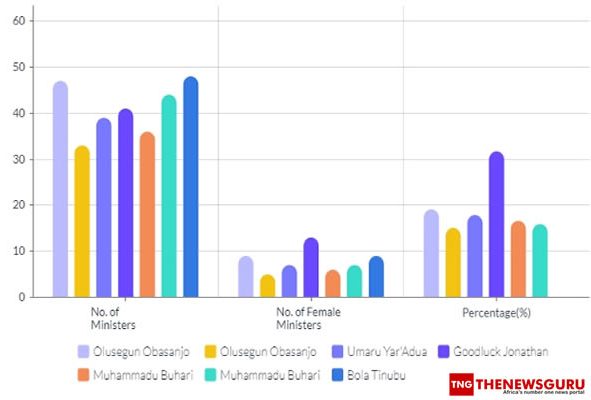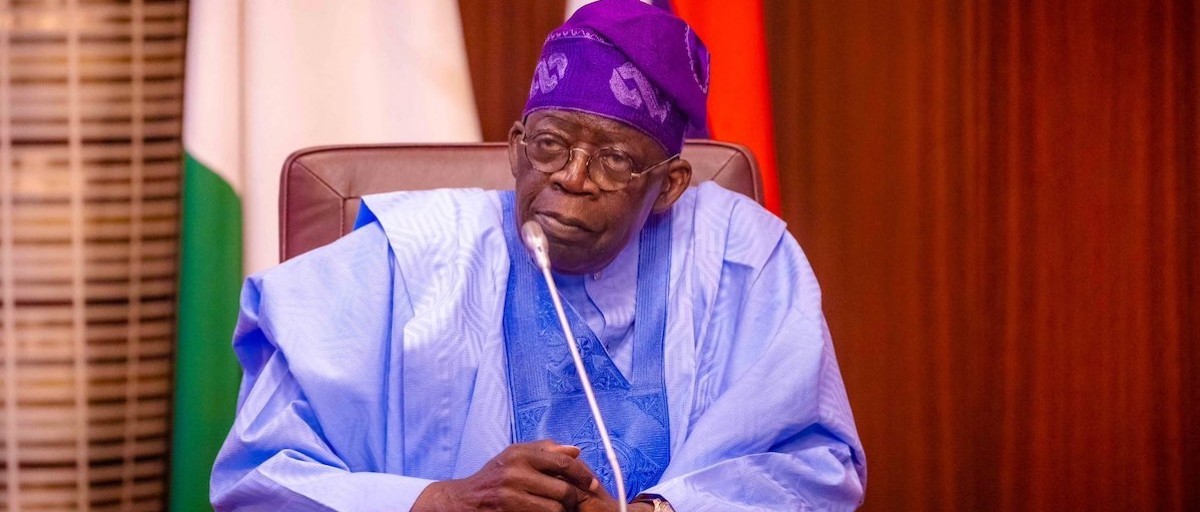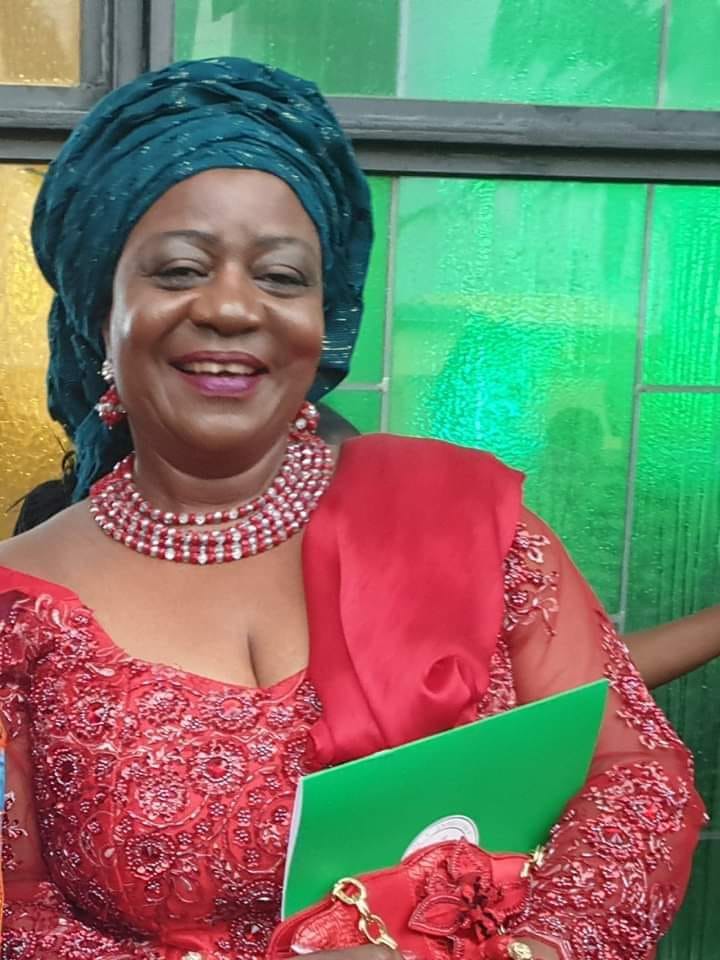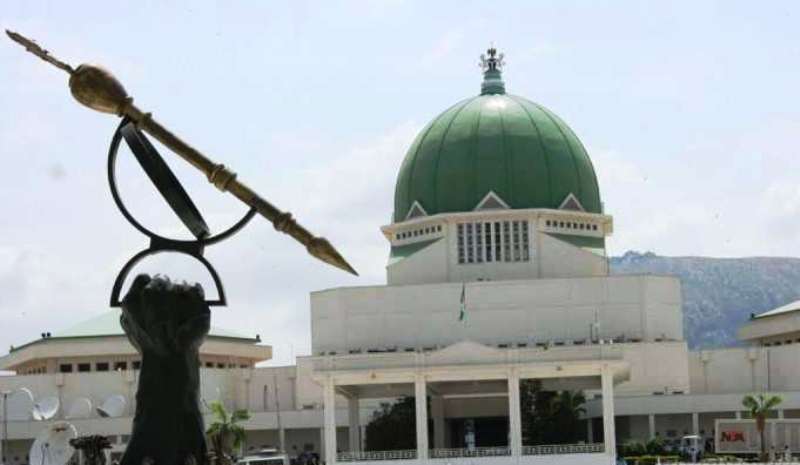Nigeria, with an estimated population of over 200 million people, stands as the most populous nation in Africa.
Women and girls make up approximately 49.32 per cent of the total population and as such, their presence and contributions are crucial to the social fabric and progress of the country.
The election or appointment of women in successive Nigerian governments, therefore, has been a topic of discussion, and the recent ministerial nominations by President Bola Tinubu have once again, shed light on the ongoing gender disparity in political leadership.
The appointment of ministers who make up the Federal Executive Council (FEC) is a crucial aspect of governance, and citizens expect it should reflect the government’s commitment to inclusivity, diversity, and gender equality.
On Friday, the presidency announced the replacement of Maryam Shetty from Kano with Mairiga Mahmud, and the addition of former Minister of State for Labour and Employment, Festus Keyamo to the list of ministerial nominees.
President Tinubu had previously transmitted 47 names of ministerial nominees to the Senate for screening.
The names were submitted in two batches – the first list containing 28 nominees was transmitted on July 27, while a second list of 19 nominees was forwarded to the Senate on Wednesday, August 2nd.
Friday’s Ministerial nomination adjustment brings the total number of ministerial candidates to 48, surpassing the 47 nominated by President Olusegun Obasanjo in 1999 to set a new record.
In one of his campaign promises and inaugural speech, President Tinubu had said he would ensure equity and fairness to women in all relevant aspects of the country’s social, economic and political life.
“Working with the National Assembly, we will aim to pass legislation promoting female employment in all government offices, ministries, and agencies. The goal will be to increase women’s participation in government to at least 35 per cent of all governmental positions.

“This legislation shall also mandate the federal executive (particularly the cabinet and core senior advisers) to reserve a minimum number of senior positions for women,” Tinubu’s campaign manifesto dubbed ‘Renewed Hope’ states.
However, like previous ones, Tinubu’s nominations fall short of the desired gender balance, as only nine out of the 48 nominees are females, representing a mere 18. 75 per cent of the total.
To achieve the 35 per cent representation for women at the FEC, the President ought to have nominated 17 female ministerial candidates.
TheNewsGuru.com (TNG) reports that during President Olusegun Obasanjo’s first term in 1999, nine out of 47 ministers were women, accounting for 19.1 per cent representation.
However, this percentage decreased to 15.1 per cent in his second term when only five women were appointed out of 33 ministers.
Under President Umaru Yar’Adua’s leadership in 2007, seven out of 39 ministers were women, representing 17.9 per cent of the FEC.
The administration of President Goodluck Jonathan in 2010 marked a significant advancement in women’s representation, with 13 female ministers out of a total of 41, reaching a milestone of 31.7 per cent.
Subsequently, during President Muhammadu Buhari’s tenure, the percentage of women in the FEC dropped to 16.6 per cent in his first term, with six women out of 36 ministers.
In his second term, the representation slightly improved to 15.9 per cent, with seven female ministers out of 44.
This disparity witnessed over successive administrations indicates the absence of measures to enhance gender representation at the highest levels of decision-making and raises concern about the government’s commitment towards achieving gender equality.
Female Representation at 10th Assembly only 3.6%
The underrepresentation of women in Nigeria’s 10th National Assembly also remains a concerning setback for the goal of women’s political participation, as advocated in the Beijing Affirmative Action.
With only 17 women elected out of 469 members – three in the Senate and 14 in the House of Representatives, their representation in the 10th National Assembly accounts for only 3.6% of the total members
These successful 17 were among the 286 women who competed in the party primaries for the 360 House of Representative seats and the 92 who contested for the 109 Senate seats.
In March 2022, the Assembly rejected a bill proposing affirmative action for women in political party administration.
Additionally, lawmakers opposed a bill that would have designated specific seats for women in both national and state legislatures.
A report obtained from the UN Statistics Division website revealed that the national average of women’s political participation in elective and appointive positions in Nigeria remains 6.7 per cent.
The report states that this percentage is below the global average of 22.5 per cent and the West African average of 15 per cent.




